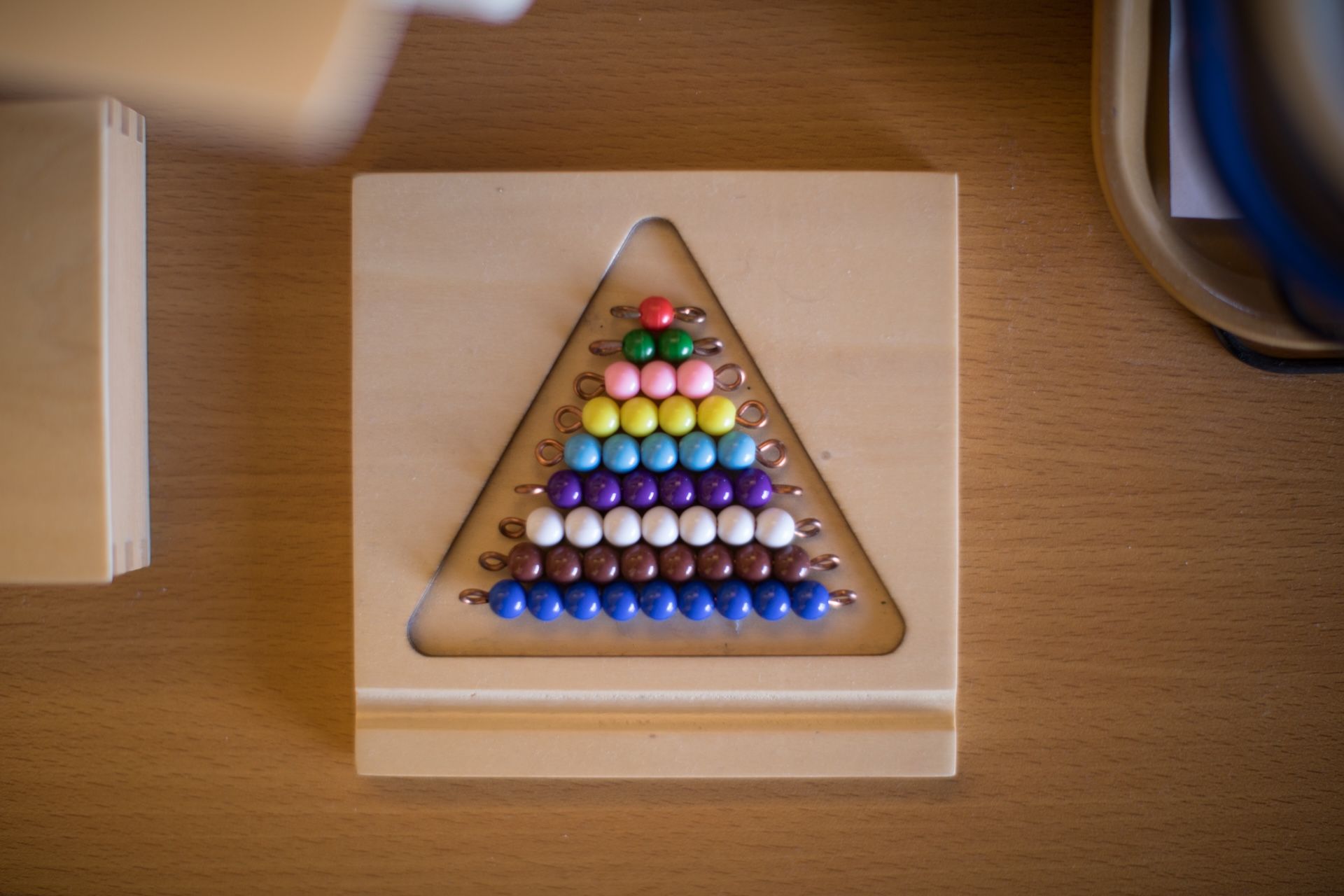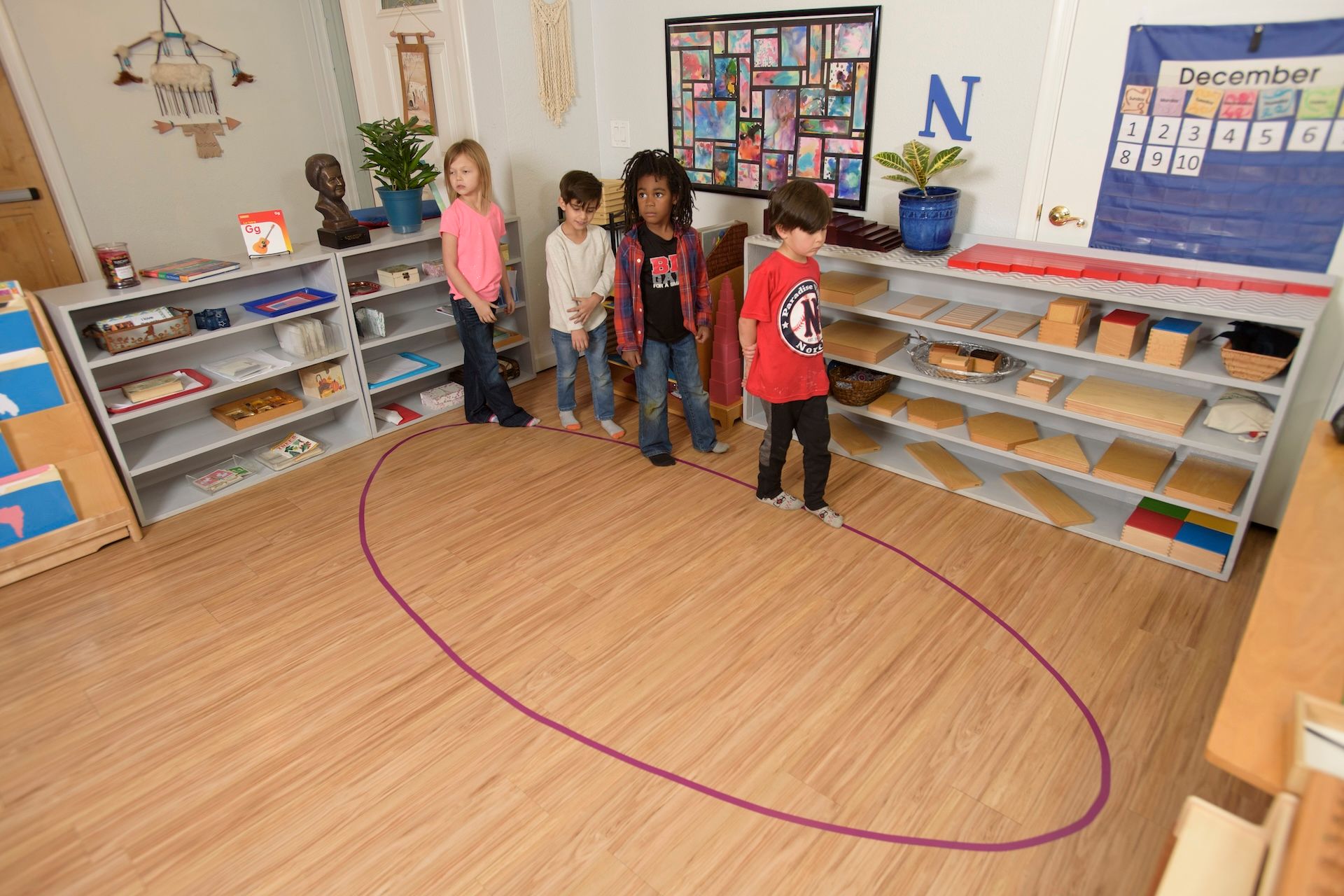As medicine provides treatments for physical ailments, dementia, and memory disorders are becoming an increasingly frequent problem for seniors. One in nine people over the age of 65 are living with Alzheimer’s disease. The loss of memory, abilities, and basic functions often feels like a loss of self. However, as science continues to pursue treatments, more and more methodologies for delaying the disease’s progression are becoming available.

Although medications and nutrition changes have had some great impacts, more researchers are finding that creating goal-oriented tasks can be tremendously beneficial for personal health and the delay of symptom severity. People are starting to take note of the joy, independence, and autonomy in a Montessori classroom and trying to apply it to aging.
Inspired by Dr. Maria Montessori, this method was developed by Dr. Cameron Camp and is often referred to as a “Dementia Programming” method (MDBP). No, they aren’t being trained by bells or anything worrisome. Instead, practitioners create activities that stimulate older motor memories so keep these synapses firing. These can be brain teasers, like puzzles or arranging, but they also try to engage seniors in occupational activities—folding clothing, matching socks, or sometimes even cooking.
Losing capacity for memory is jarring and often deeply depressing for patients, especially those who used to take pride in their mental acumen. A shift in senior care is trying to focus more on creating hospitable, navigable, and normal environments in order to make these transitions as easy as possible. But, not unlike the absorbent child completing a pattern, a senior who is able to complete these memory-oriented tasks would find joy. This model of care wants to focus on creating a supportive environment that encourages independence.
One organization in particular, DementiAbility Methods, combines Montessori education principles into their activities. Their workshops are widely attended and they have a high rate of engagement in their activities. By bringing elements of youth and play back into life, participants are more likely to have fun and get excited about exercises which are helping stimulate their brains again. Having these entertaining challenges can also alleviate some of the comorbid depression that accompanies memory loss.
Health organizations think this may be the way of the future for staving off long-term memory problems. The way Montessori activity engages the brain is designed to take advantage of an absorbent mind. We don’t completely lose the ability to absorb and reabsorb information. Going back to the roots of autonomous learning may just be what we have been missing in memory care all along.
The post Re-Engaging Long Term Memory with The Montessori Method appeared first on Pebblecreek Montessori.
Hours
MONDAY - FRIDAY
HALF DAY: 8:30a – 12 noon
ACADEMIC DAY: 8:30a – 3:30p
EARLY CARE: 7:00a – 8:30a
AFTER CARE: 3:30p – 6:00p
OFFICE: 8:00a - 4:00p
Programs
Connect
Pebblecreek Montessori




